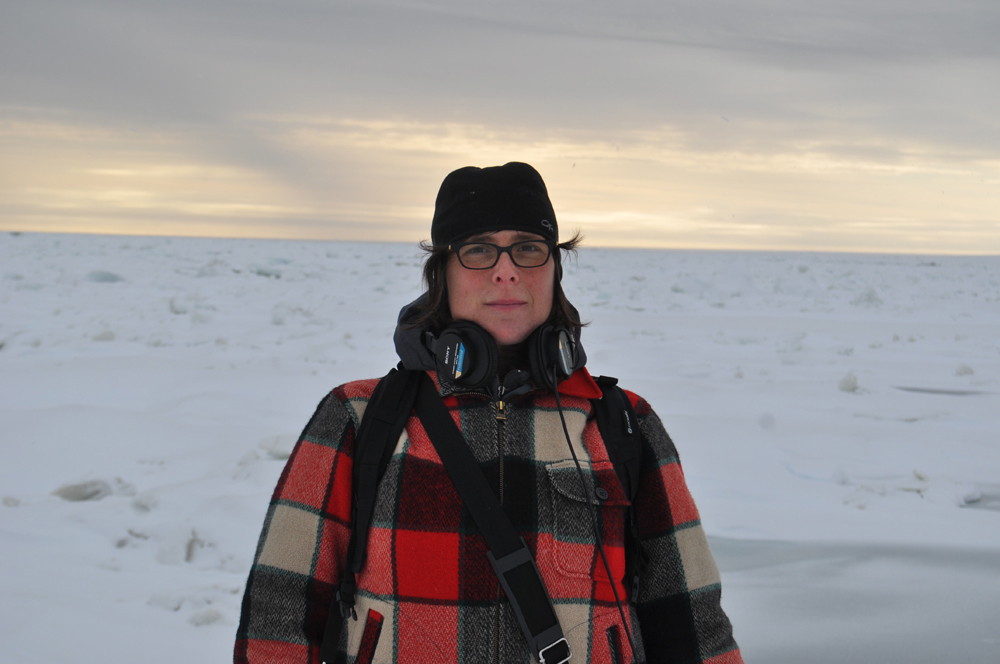Call of the wild
Christine Fellows’ debut poetry collection inspired by Canada’s North
Winnipeg folk-pop musician Christine Fellows can now add the role of poet to her resume.
The 46-year-old songwriter has accompanied her sixth full-length record, Burning Daylight, with her first collection of poetry. Fellows says she got the idea during a 2013 workshop at the University of Manitoba, where she served as a writer-in-residence alongside her husband and Weakerthans frontman John K. Samson.
“I’ve been to lots of poetry readings and I love poetry, but I’ve never put the pen to paper with that idea in mind,” she says. “Something about that workshop led by Jennifer (Still, local poet) just clicked: I put away music completely and just started writing poetry. Every morning I would stumble over to my desk and start writing. It was like a fever and it reminded me of the urgency I felt when I first started writing songs.
“Writing music is more like piecing together a puzzle while writing poetry seems like a much freer activity and there’s more room to go outside of the lines, which I really enjoy.”
Her poetry collection is inspired by the last three years of her life, in which she spent time in Dawson City, Yukon, as a songwriter-in-residence and Igloolik, Nunavut, with the National Film Board.
“It’s a huge part of the country and as musicians we’re always touring east to west, we never go north,” she notes, “and especially now with all the climate change and the Northwest Passage opening, I feel like everything is drawing our eyes up there and I can feel that as an artist.
“My reach isn’t that far, I just feel like I’m part of a movement and a reflection of what a lot of people are thinking. It’s ridiculous that we live in the same country and it might as well be the moon as far as many Canadians are concerned.”
Burning Daylight is also in reference to the 1910 novel of the same title written by Jack London, an American author famous for writing stories that were set during the Klondike Gold Rush of the 1890s, which inspired thousands of people to travel to the Yukon.
“I started reading his stories when I was in Dawson City and they’re hilarious,” she says. “His language is so over the top and he had a crazy life. After I read those stories I started reading a biography on him and found everything to be so
fascinating.”
Fellows also considers her poetry to be a response to the work London wrote over a century earlier.
“The writing Jack London did is very much men among men, and refers to women as sort of secondary characters,” she explains. “I just had the idea of taking those stories and flipping those situations by changing the pronouns. That’s pretty much all I did, but it really changes things, it changes how the story plays out and changes how everything filters down. I always try to represent female characters because why couldn’t it be a female character? Why does it always have to be
some dude?”
Published in Volume 69, Number 3 of The Uniter (September 17, 2014)






